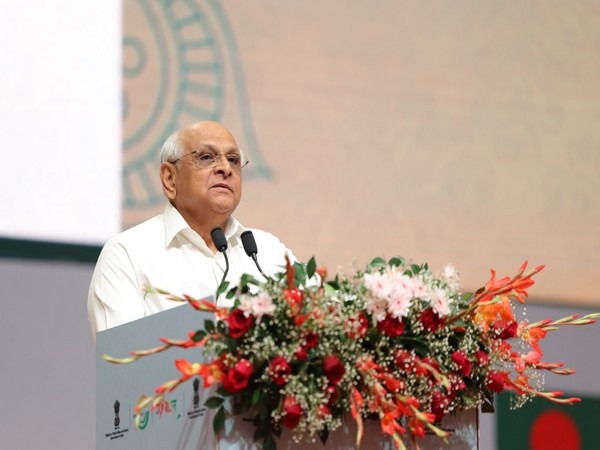Textiles, FMCG products account for about 90% of illicit trade into India, finds FICCI CASCADE study
Sep 25, 2024

New Delhi [India], September 25 : The illicit market in textiles and apparel; packaged goods; personal and household care; alcohol; and tobacco has expanded faster in India and is undermining legitimate businesses, according to a report.
As per the report, textiles and apparel accounted for over 50 per cent of the total illicit market in 2022-23. FMCG (Packaged foods) and FMCG (Personal and Household Care Goods) accounted for nearly 37 per cent of the total size of the illicit market.
Industry body FICCI's Committee Against Smuggling and Counterfeiting Activities Destroying the Economy (CASCADE), in association with the Thought Arbitrage Research Institute (TARI), has launched a comprehensive report titled 'Consuming The Illicit: How Changing Factors of Consumption Affect Illegal Markets in 5 Key Industries' that pegs the size of illicit market in India at Rs 797,726 crore in 2022-23.
Besides undermining the legitimate businesses, the report asserted that the illicit trade is distorting competition, and significantly eating into government tax revenues.
The report attributed the burgeoning size of the illicit market to heightened consumption of high-value branded, luxury, high-end, taxed goods and services, especially among the expanding aspirational middle class, both in rural and urban India.
The changing spending pattern--with rising disposable incomes--highlights consumers opting for products that are taxed more, such as products carrying tax rates of 28 per cent in case of beauty and cosmetic products and readymade garments which are taxed at 12-18 per cent, which give illicit players the opportunity to use arbitrage for economic gains.
The impact is far more profound in the case of industries that have historically been exposed to higher tax regimes -- tobacco and alcohol. These two products are though not under the GST ambit.
"India witnessed a surge in per capita income between 2011-12 and 2022-23. But, the mismatch between purchasing power and aspiration has increasingly fed into an ever-increasing space for illicit market and counterfeiting," the report said.
In the case of tobacco products, above 50 per cent of the illicit markets can be attributed to the effect of a punitive tax on the industry, and similarly for alcohol such effect is 46 per cent.
As per the report, alcoholic beverages witnessed a rise of 153.5 per cent between 2017-18 and 2022-23. In current price value terms, the illicit market reached Rs 66,106 crore for 2022-23, after Rs 48,134 crore in 2021-22.
Between 2018-19 and 2022-23, the illicit tobacco market grew by 17.7 per cent, from Rs 25,495 crore to Rs 30,012 crore.
In the textiles and apparel segment, it witnessed a rise of 29.67 per cent growth in illicit trade between 2017-18 and 2022-23. In terms of current prices, the illicit market grew from Rs 311,494 crores in 2017-18 to Rs 403,915 crores in 2022-23.
The estimates for the illicit market of personal and household care goods in India have grown from Rs 43,010 crores in 2017-18 to Rs 73,813 crores in 2022-23.

















